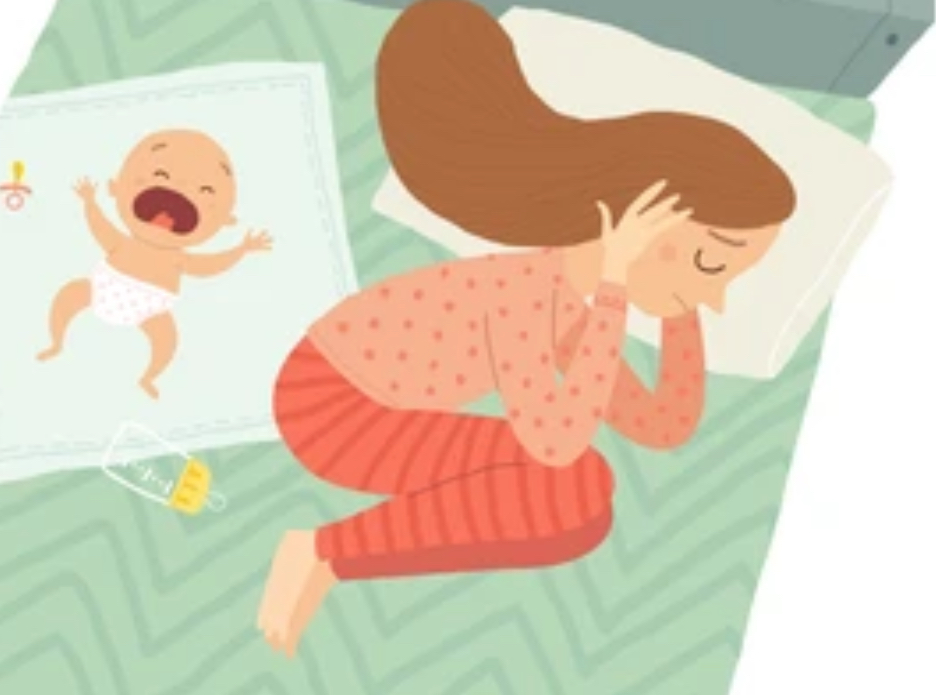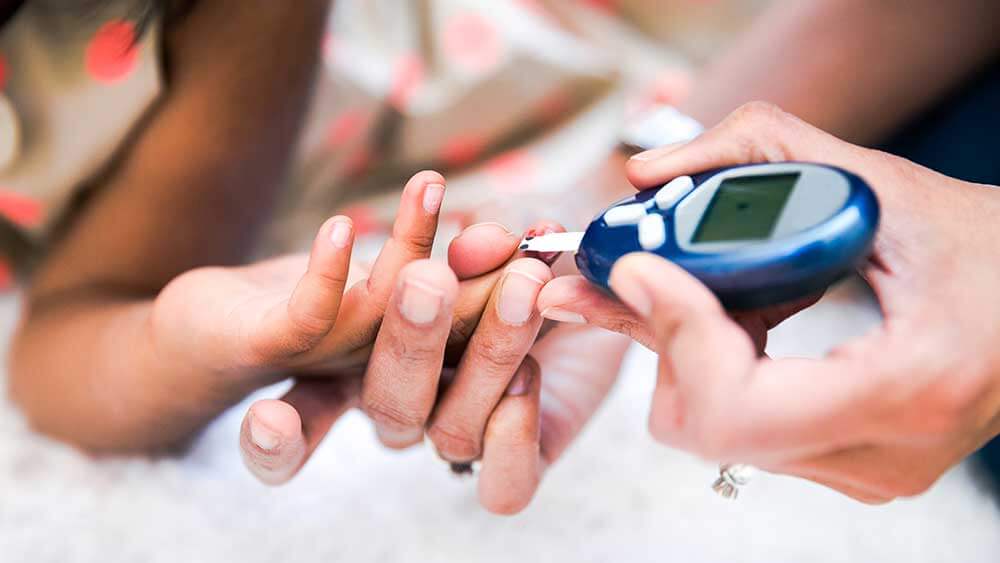Groundbreaking Study Explores Postnatal Mental Health of British South Asian Mothers

London— Experts from the University of Nottingham have played a key role in a pioneering study investigating the postnatal mental health of British South Asian mothers. The ROSHNI-2 study, published today in The Lancet, is one of the largest trials to explore the effectiveness of psychological interventions for this group.
Led by Professor Nusrat Husain from the University of Manchester and supported by Professor Richard Morriss and his team from the University of Nottingham, the study recruited over 4,000 women across the UK. It focused on British South Asian women, a group often underrepresented in mental health services.
The study introduced the “Positive Health Programme,” a culturally adapted group therapy for postnatal depression, and compared it to the usual care provided by general practitioners. Results showed that more women in the Positive Health Programme group recovered faster and more significantly than those in the usual treatment group. The findings highlight the importance of culturally sensitive care for British South Asian women, who face barriers like language, family engagement, and cultural perceptions of mental health.
These results provide critical insights for healthcare policy makers, with recommendations to make culturally tailored treatments more accessible to underserved communities.
For more information, see the full study in The Lancet.



















Facebook Comments